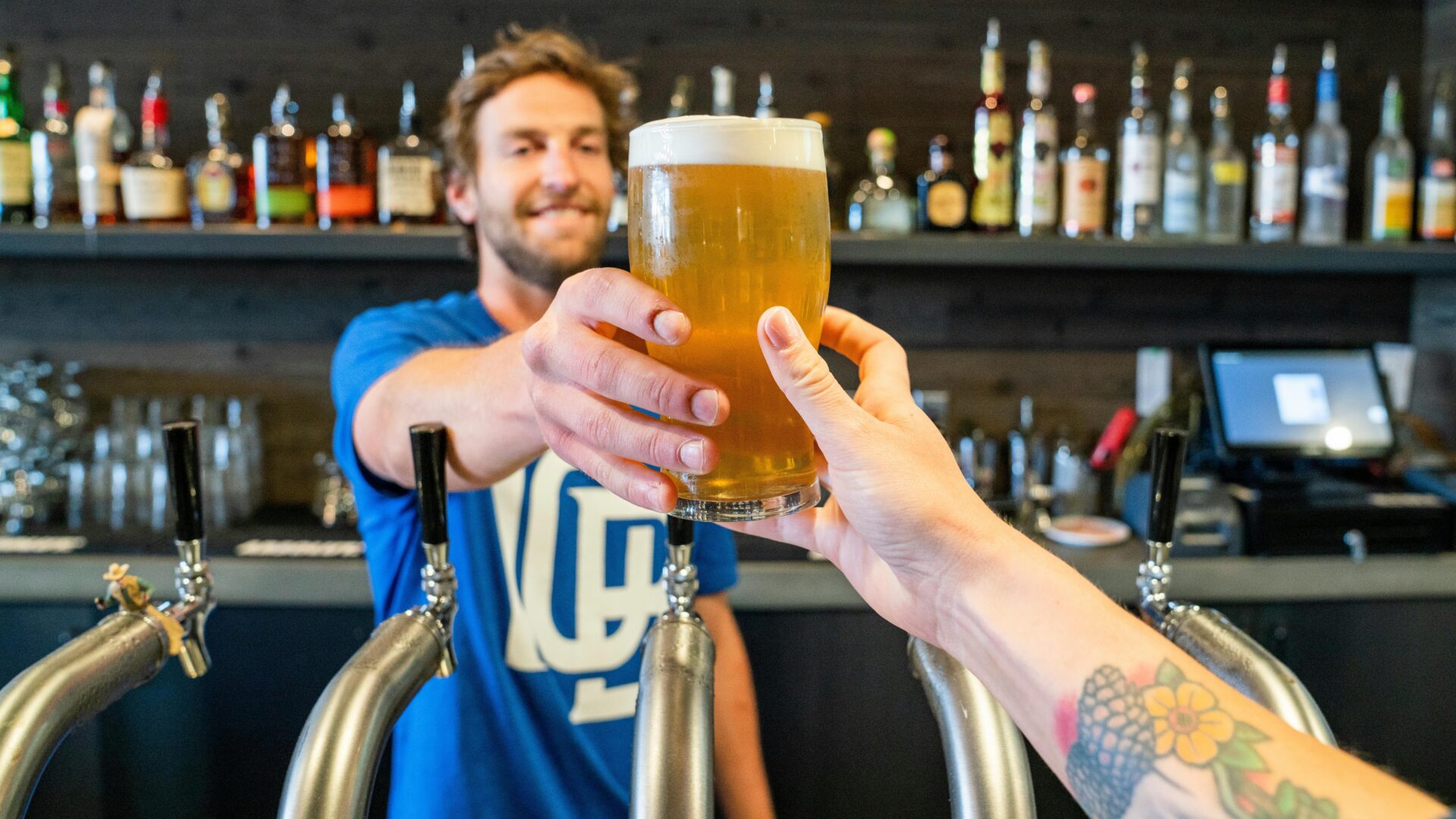By Karen Goodhew, Grief and Trauma Counsellor MBACP
Alcohol consumption is woven into UK culture—winding down after work with a few pints, or socialising with friends at the weekend. But when does it stop being harmless fun and begin to affect health, relationships, or day-to-day life?
For a long time, alcohol use and intoxication have been associated with men and masculinity. Studies comparing drinking patterns between men and women consistently show that men are more likely to drink heavily, with higher levels of social acceptance for doing so. This creates and reinforces the culture of men drinking as “normal.”
How Does Alcohol Affect Men’s Mental Health?
From an early age, men are often taught to suppress their emotions. Society expects them to be stoic and strong, discouraging vulnerability and dismissing it as weakness. As a result, many men bottle up how they really feel out of fear of being ridiculed.
This pattern contributes to lower emotional intelligence, reliance on unhealthy coping mechanisms, and resistance to seeking help. Men are also less likely to share feelings of distress with friends or family, which can push them further toward alcohol as a way of coping.
The consequences are serious: alcohol use not only increases risks of depression and anxiety but is also linked to self-harm and suicidal thoughts. Men are three times more likely to take their own life than women, and alcohol is often a contributing factor.
Men are more likely to drink alcohol than women
Recent data from the 2022 Health Survey for England shows that men are significantly more likely than women to drink alcohol regularly and to exceed recommended weekly limits (source).
That year, 55% of men compared to 42% of women reported drinking at least once a week. Around one in three men regularly drank more than the recommended 14 units, and one in four admitted to binge drinking weekly. In addition, 32% of men, compared with 15% of women, drank at levels that put them at higher risk of alcohol-related harm. The highest increases were seen among men aged 55–74, many of whom raised their intake during lockdown—a trend that has continued.
These figures highlight not just a cultural norm, but a health risk—showing how men’s relationship with alcohol often carries greater consequences for their wellbeing.
Contributing factors of drinking
Societal expectations around masculinity and alcohol consumption play a huge role in shaping men’s drinking behaviours. Football, pub culture, and celebrations are often bound up with male bonding. But there are deeper factors too. Adverse childhood experiences, trauma, and poverty are all linked to greater vulnerability to alcohol use and abuse in adulthood.
Stress also plays a major role—men under pressure often reach for alcohol as a coping strategy. Because they are less likely to seek emotional support or professional help, the cycle of drinking can become deeply entrenched.
Potential impact alcohol has on men’s mental health and wellbeing
When men’s mental health begins to decline, many turn to unhealthy coping mechanisms, with alcohol being a common one. Suppressing emotions becomes routine, leading men to seek relief in unhelpful ways. Alcohol may feel like a short-term fix, but long-term use often contributes to anxiety and depression by changing brain chemistry and increasing vulnerability to mental illness. For those with pre-existing mental health problems, alcohol can feel like an escape, yet it usually makes things worse.
The physical consequences of long-term alcohol use are equally serious. It raises the risk of heart disease, high blood pressure, high cholesterol, and several types of cancer. It weakens the immune system and bones, and damages the liver and pancreas. Hormonal effects can lead to low testosterone, erectile dysfunction, and reduced fertility. Alcohol misuse is also linked to diabetes, brain and nervous system damage, dementia, and cognitive decline.
How can men recognise they need help with their alcohol use?
The first step in tackling alcohol misuse is being honest with yourself and acknowledging that there may be a problem. Signs that drinking is becoming harmful can include drinking more than intended, bingeing, or finding that alcohol use is creeping into daily routines. It may also show up in more subtle ways, such as neglecting personal needs, becoming unreliable at work or home, or engaging in risky behaviours like drink-driving, unsafe sex, or aggression.
On a personal level, alcohol misuse can affect both mental and physical health. It often contributes to sleep disturbances, low mood, depression, increased anxiety, panic attacks, and intrusive or self-sabotaging thoughts. Physically, it can lead to weight gain and changes in eating habits. When alcohol begins to affect day-to-day functioning and relationships, it may be time to seek help.
Help is available, and taking the first step can make all the difference. Speaking to your GP is often a good place to start, but there are also dedicated support organisations:
- Alcoholics Anonymous (AA) UK – Free peer support groups, both in person and online. Helpline: 0800 9177 650.
- Drinkline – Free and confidential helpline: 0300 123 1110.
- We Are With You (formerly Addaction) – Free support for alcohol, drugs, and mental health.
- SMART Recovery UK – Science-based support groups focused on coping skills
- Mind UK – Mental health advice and support
Apps and tools: Try Dry (Alcohol Change UK) and Drinkaware offer practical ways to track and reflect on drinking habits.
Where to turn if you’re ever in crisis
If you ever feel unsafe, overwhelmed, or at risk of harming yourself, call 999 immediately. You can also contact Samaritans for free, 24/7, on 116 123.


